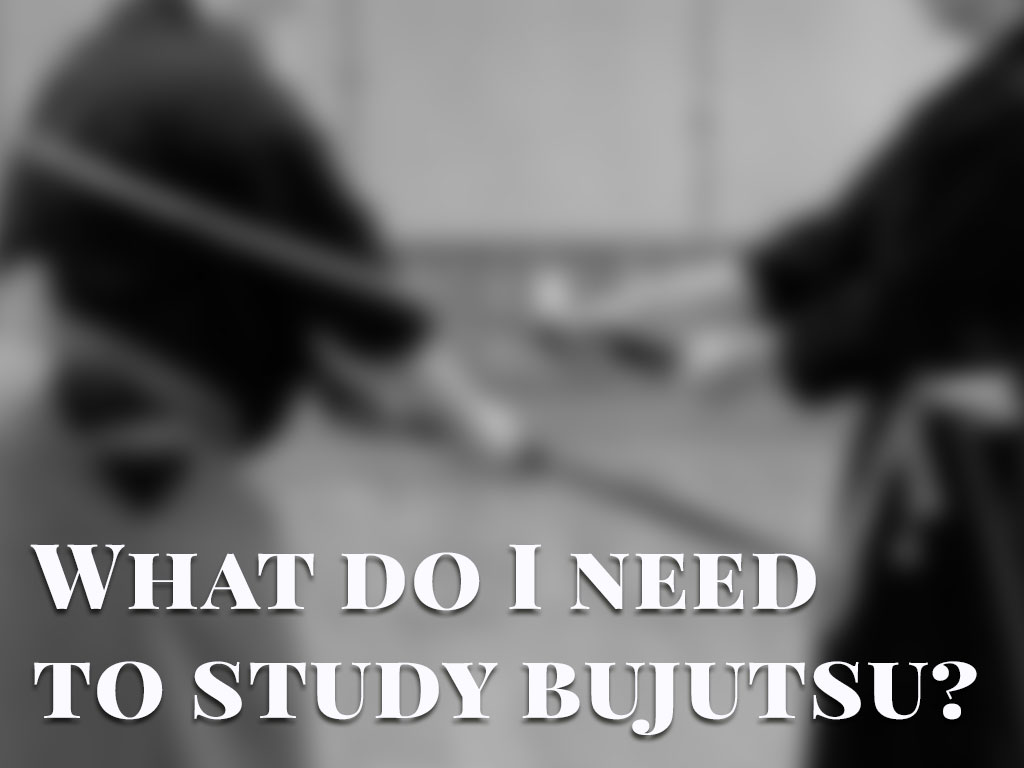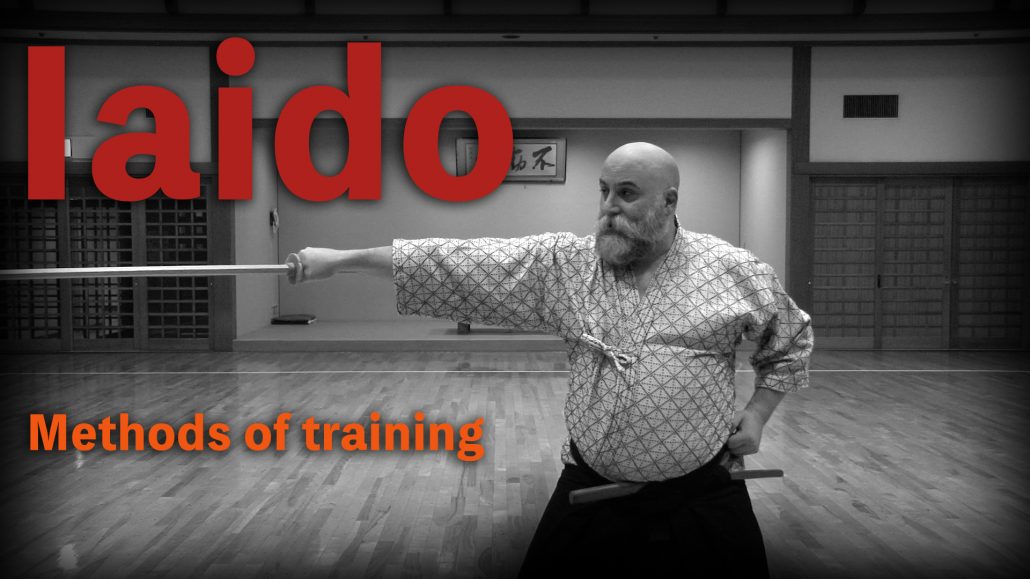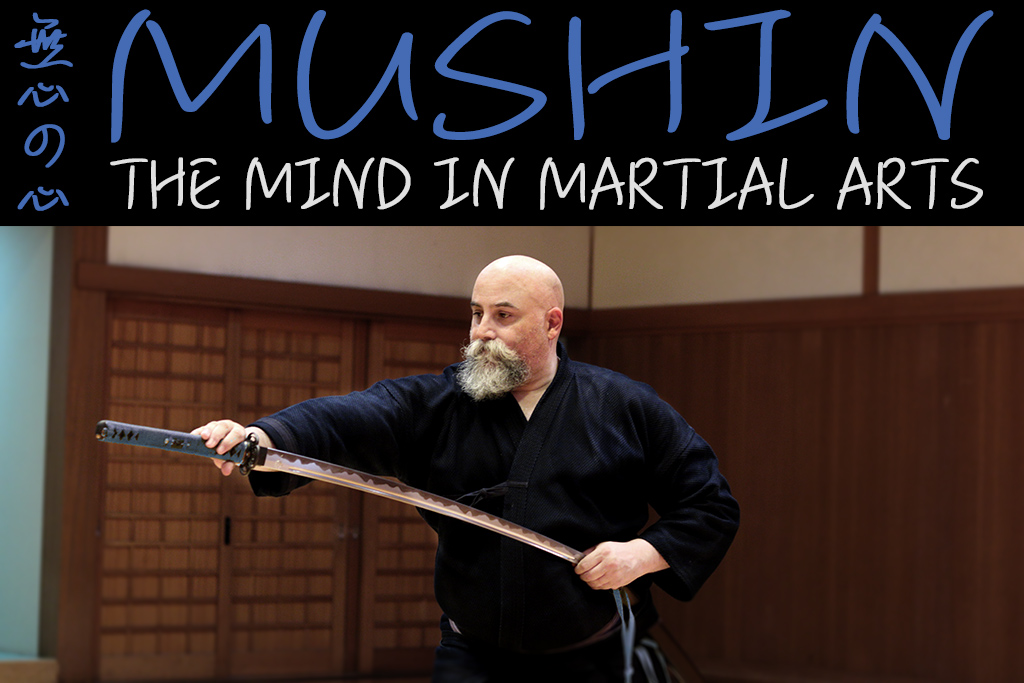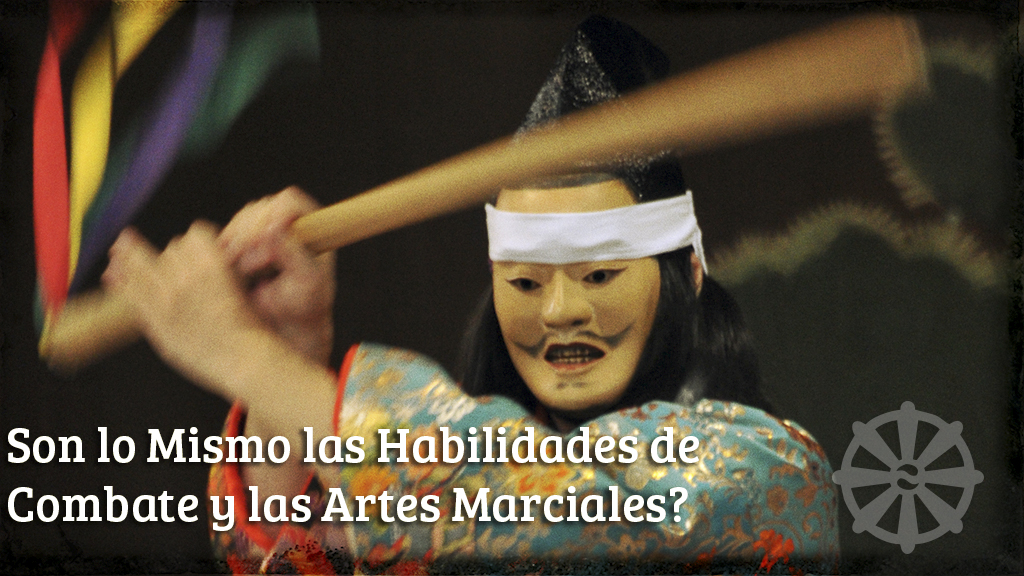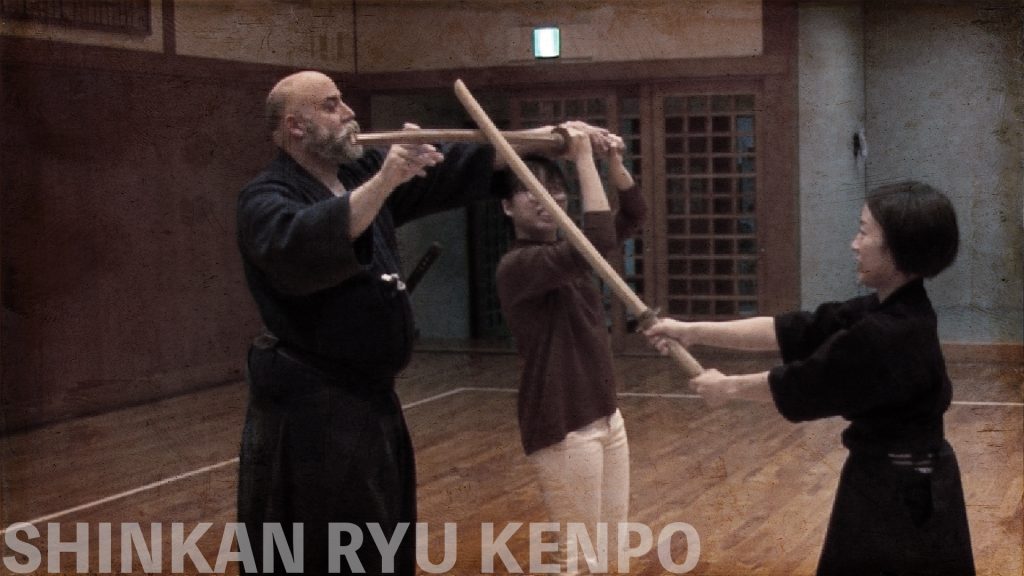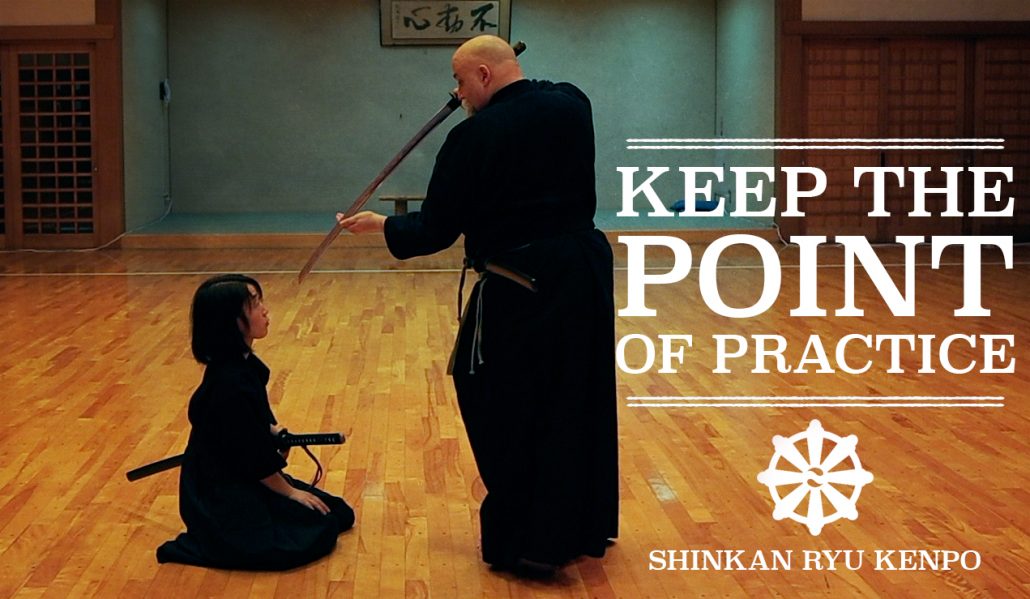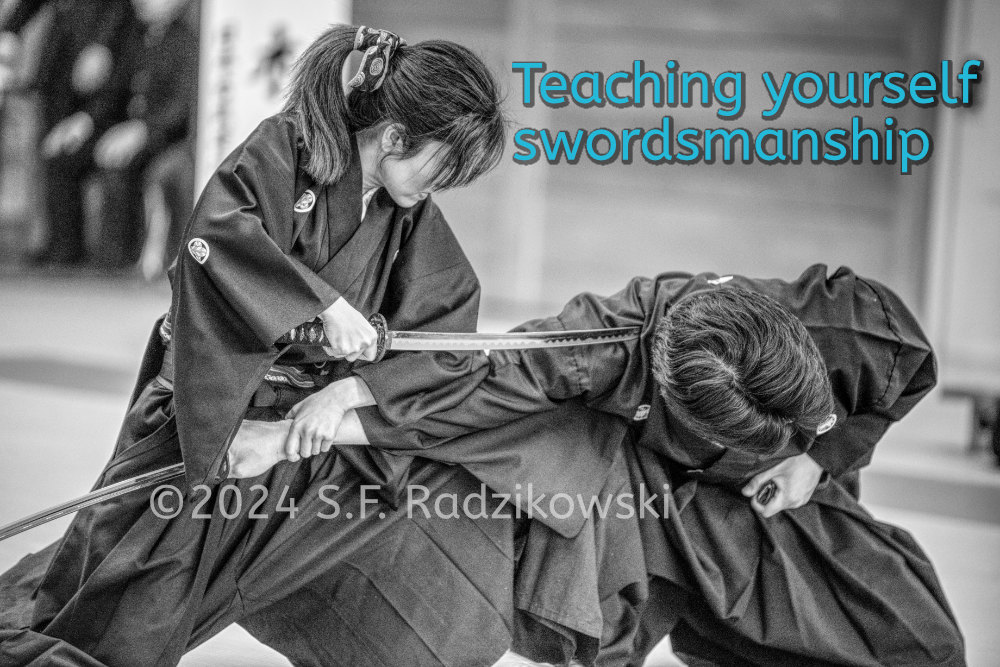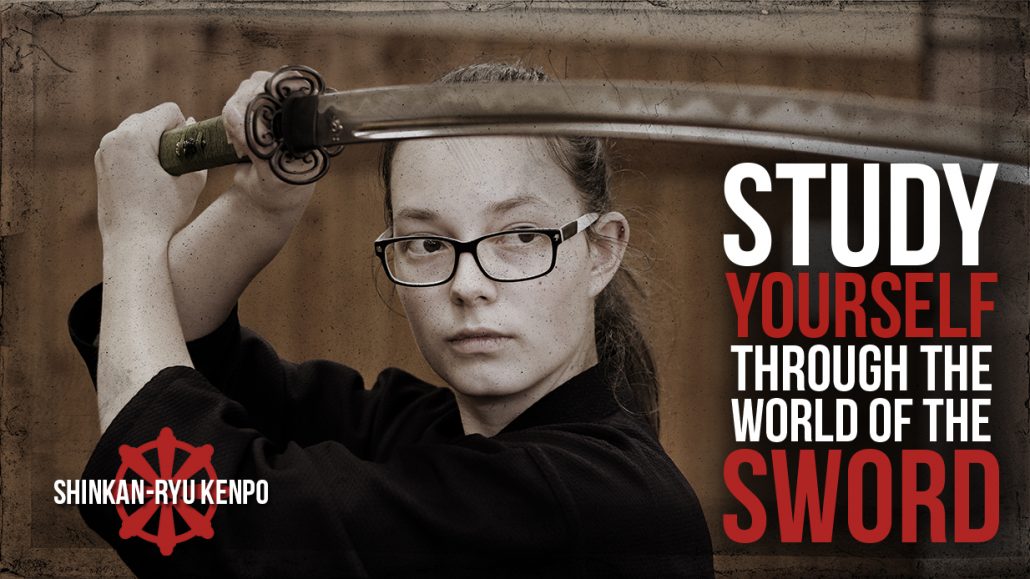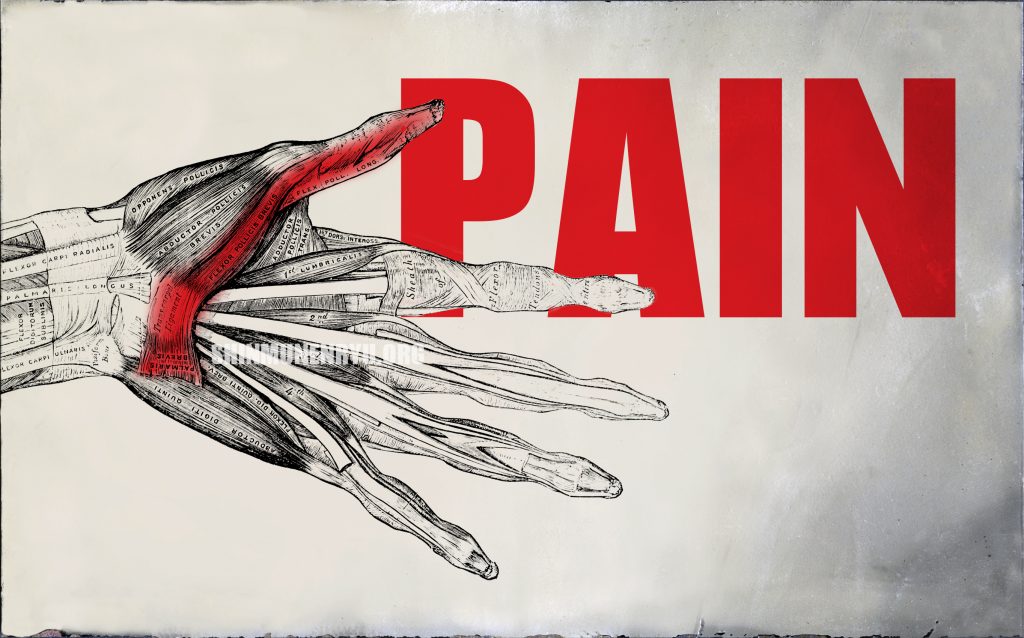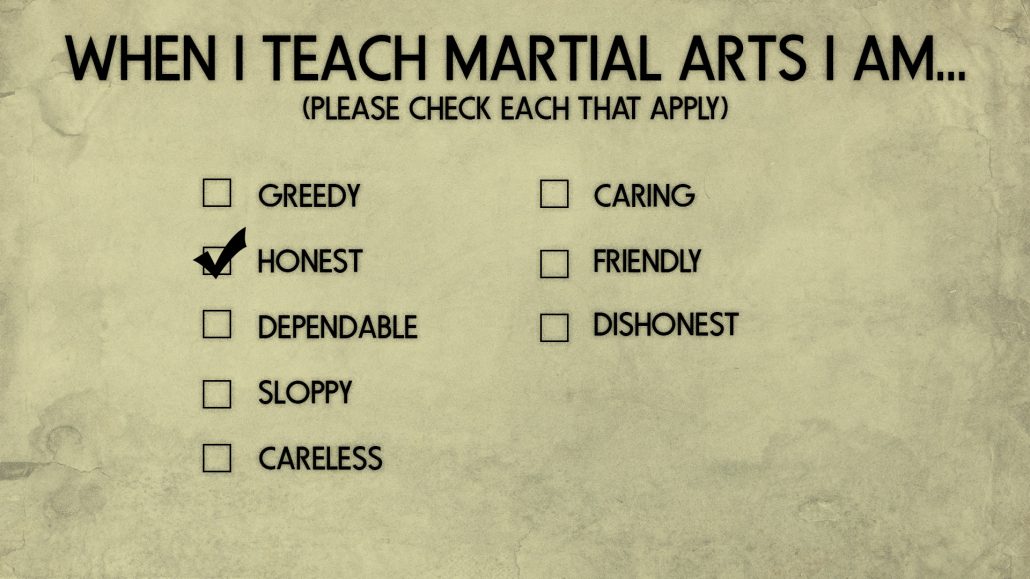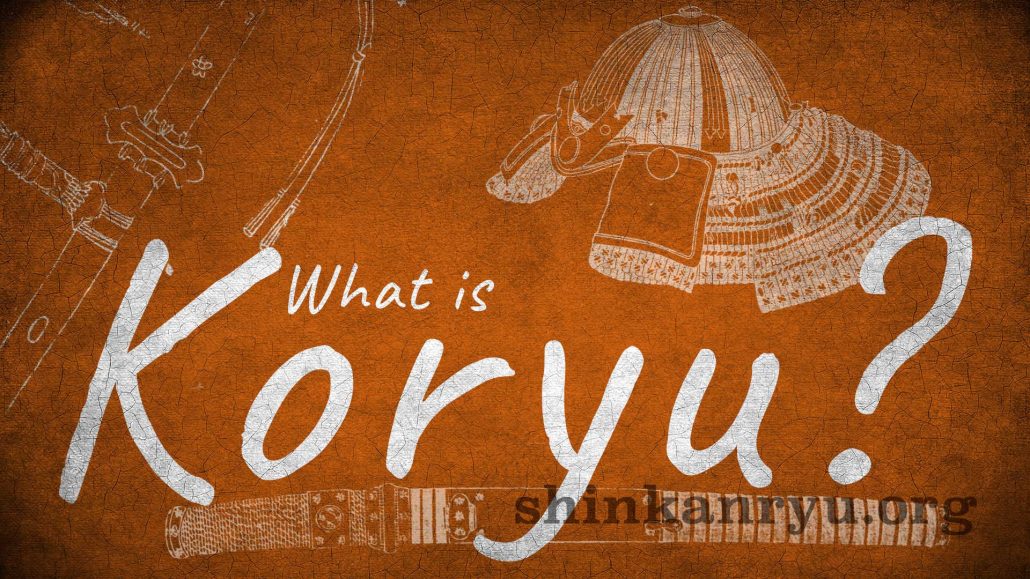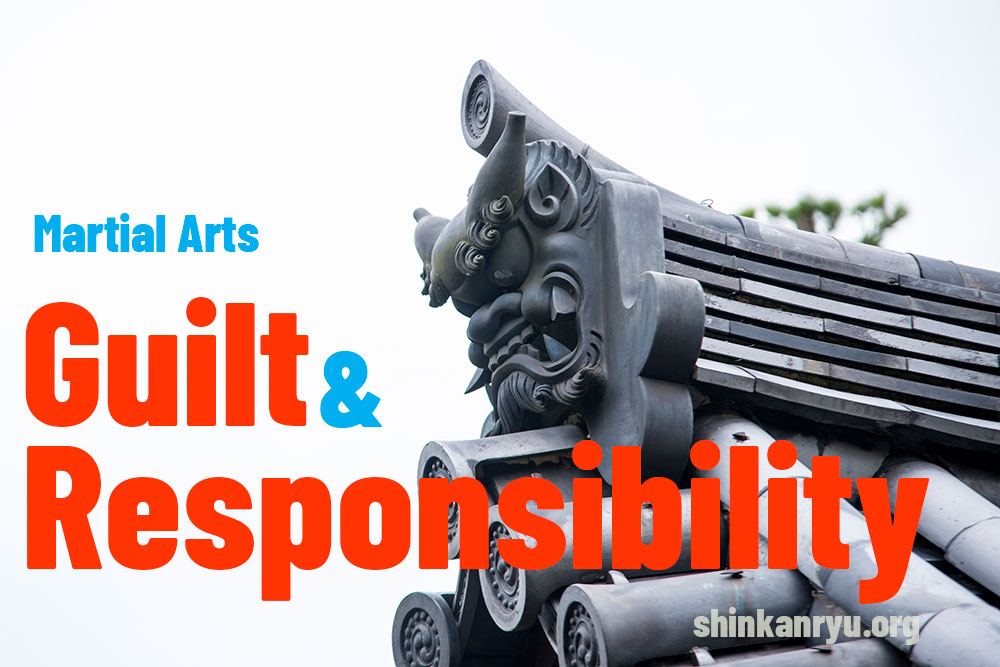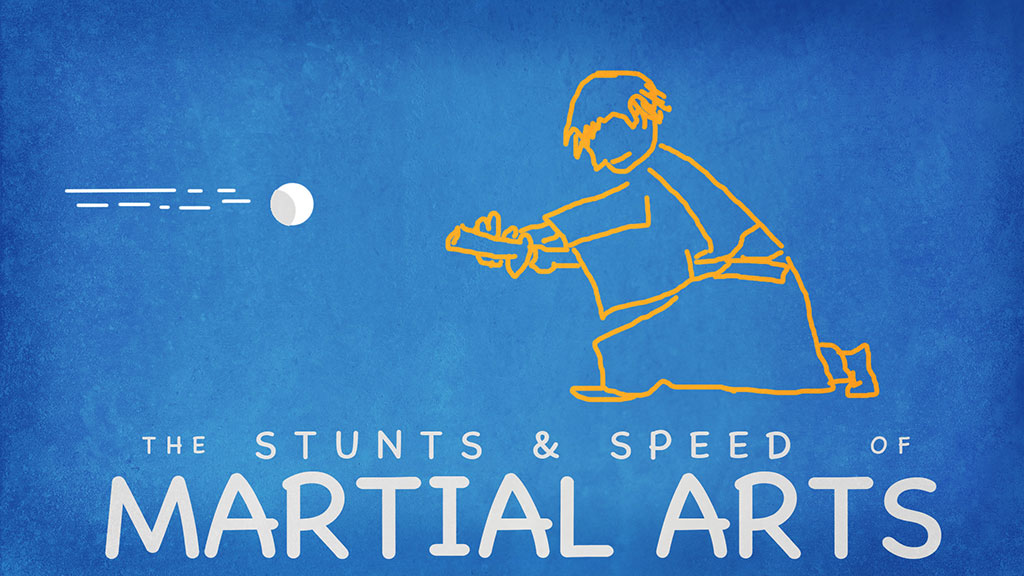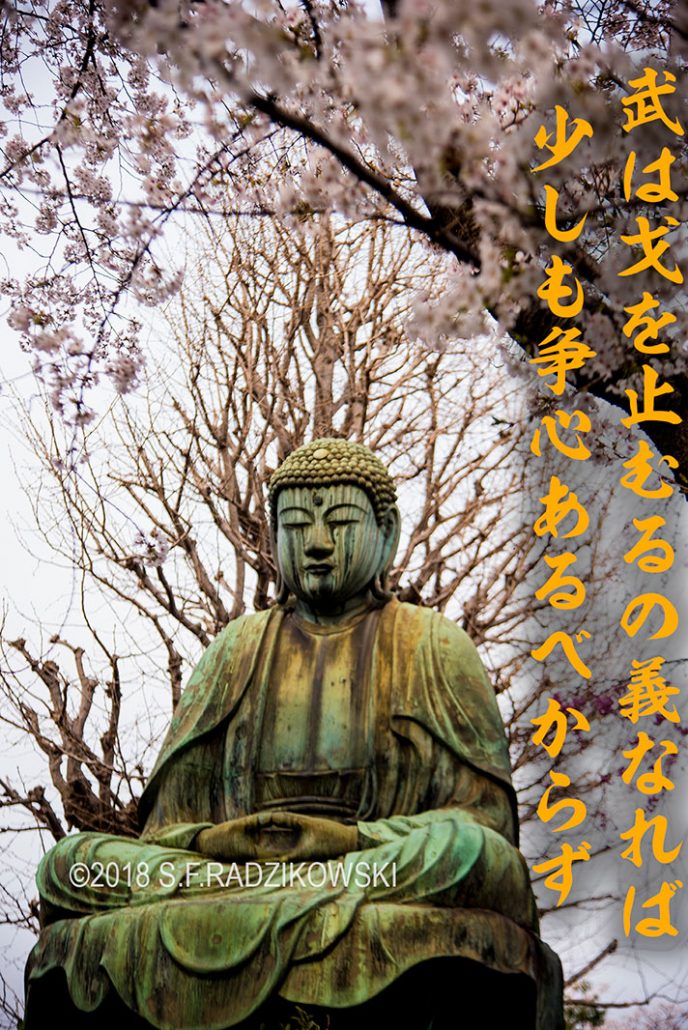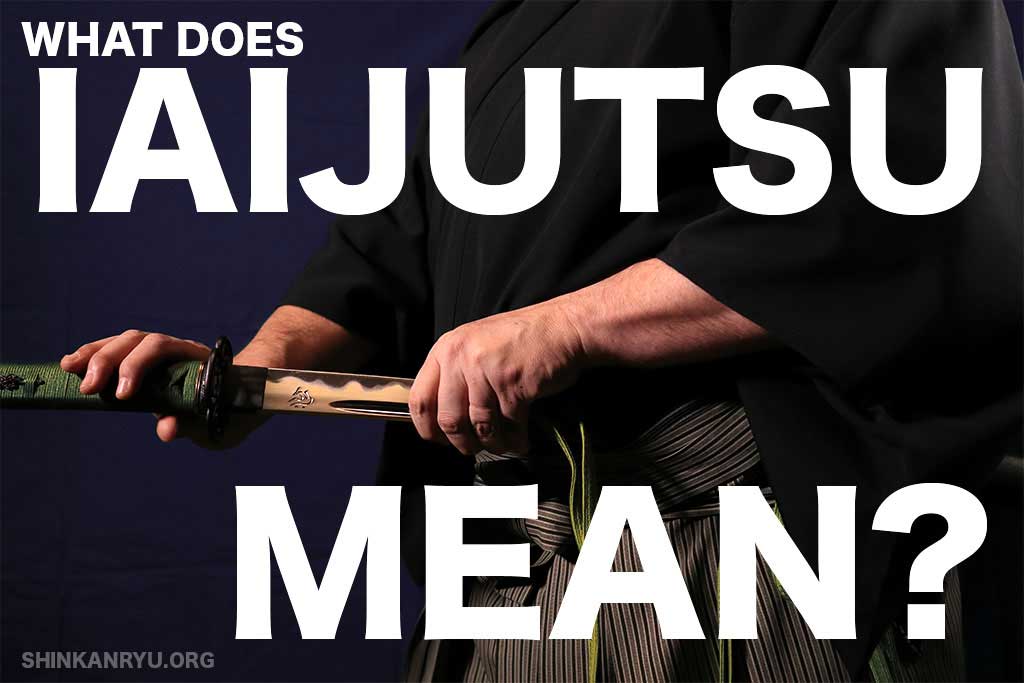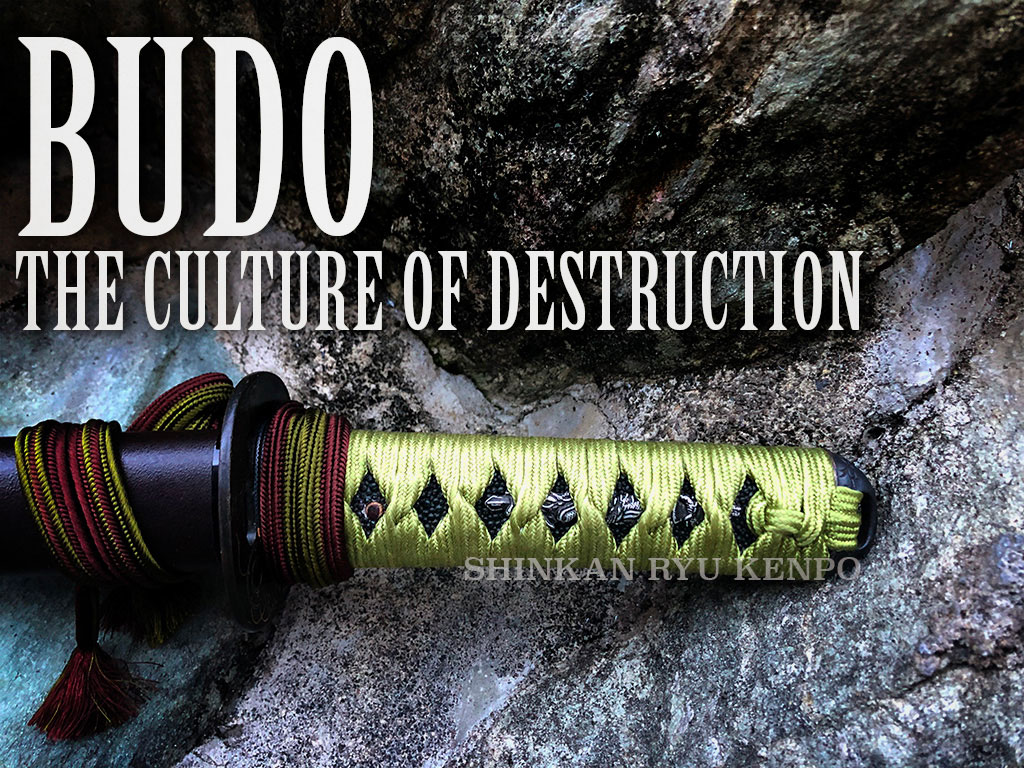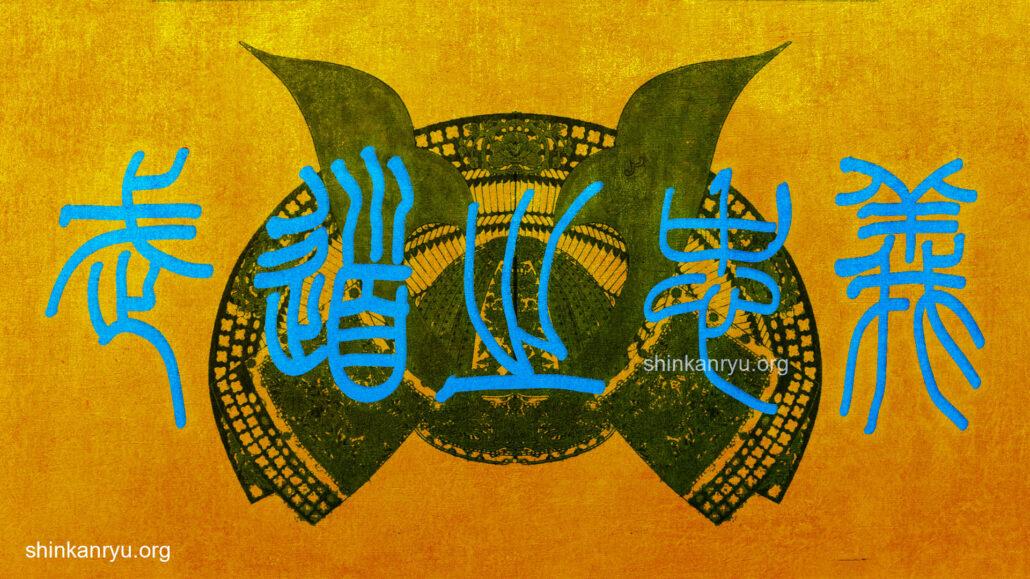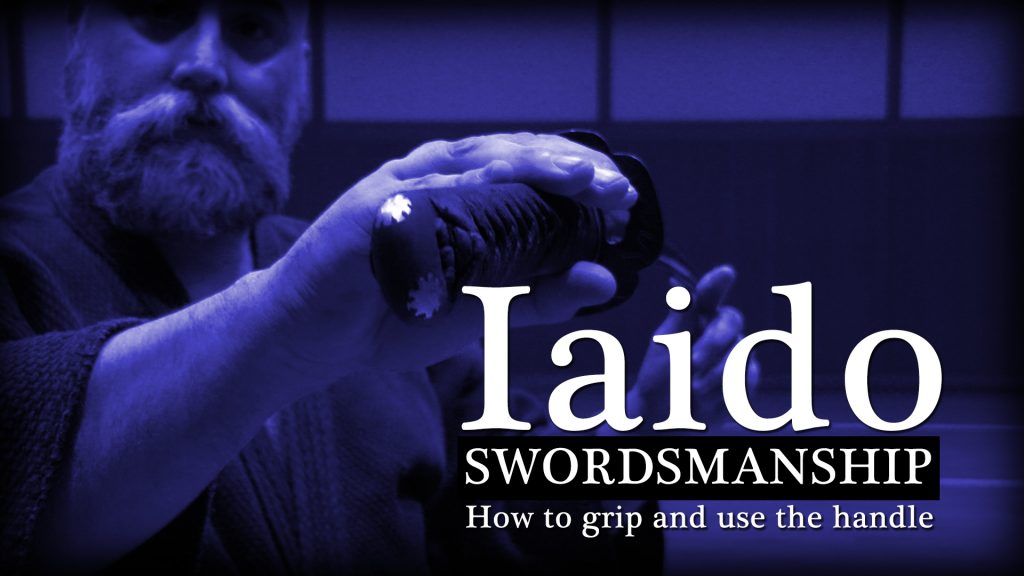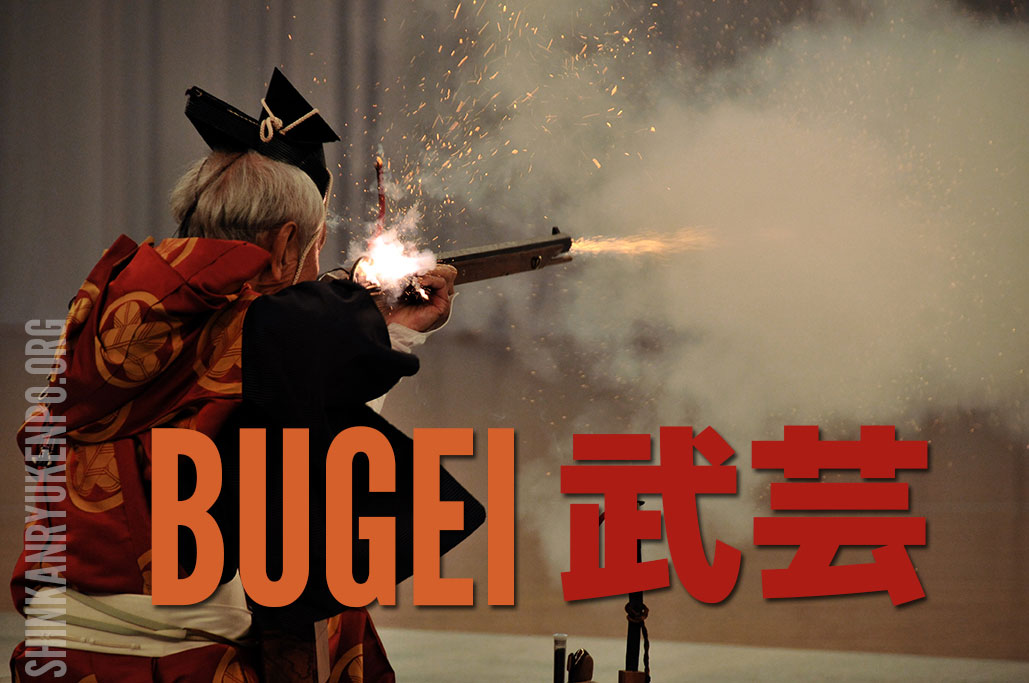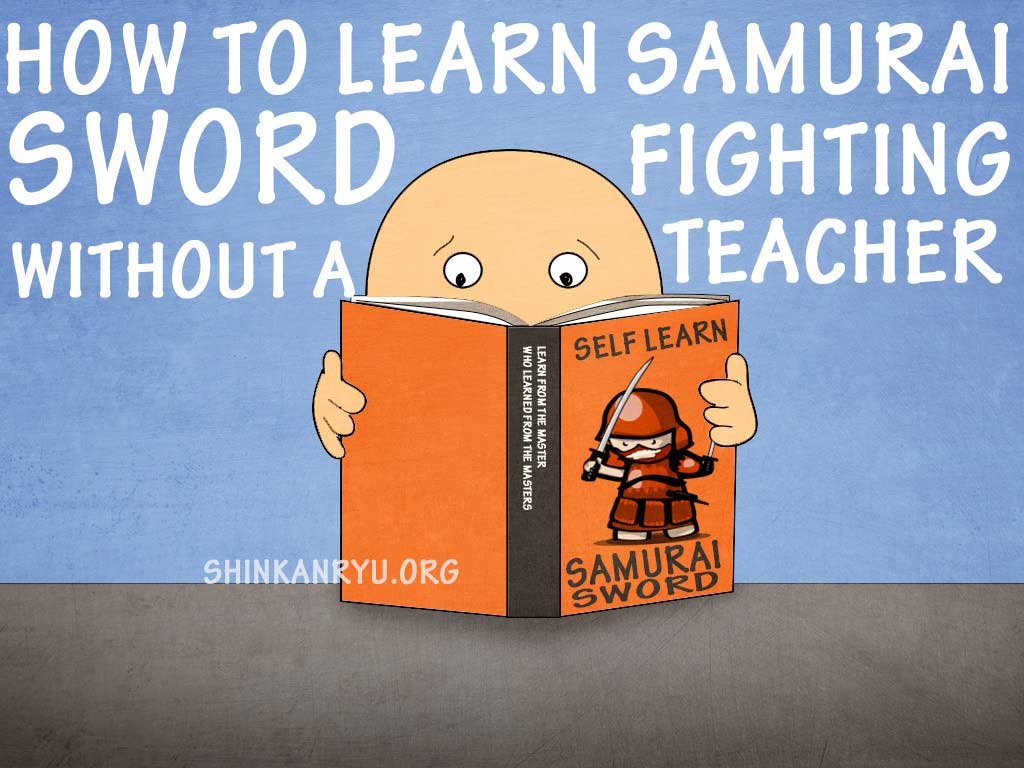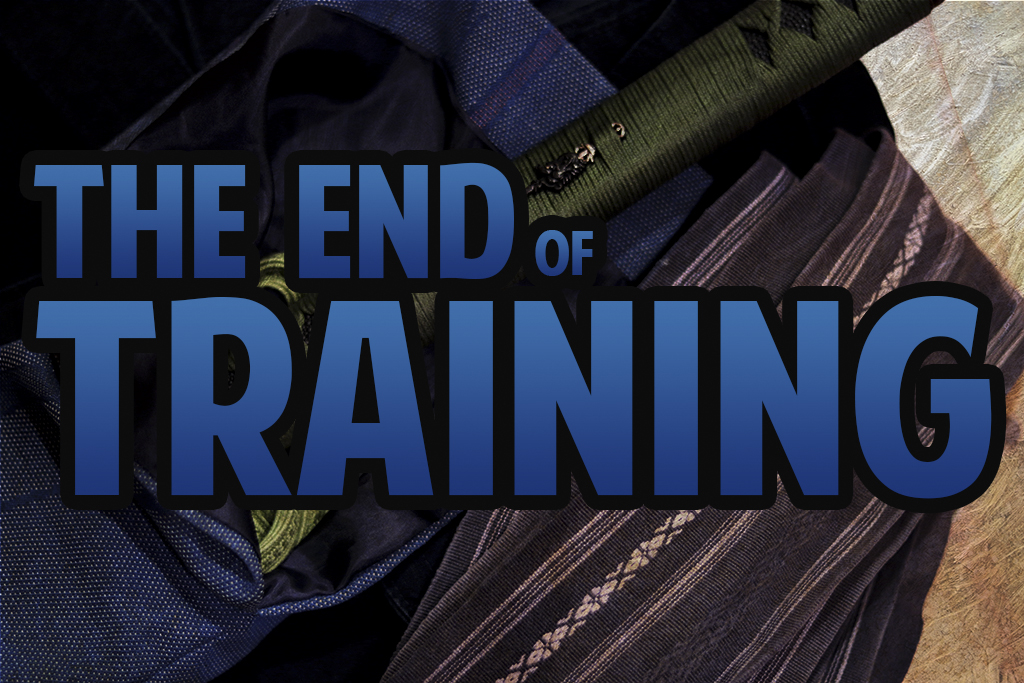Learning a traditional bujutsu, koryu, or comprehensive martial art is best approached as a serious endeavor. Learning martial arts should not be a simple, lighthearted hobby. Although many might pursue learning one with a hobbyist mentality, in the end, you wind up playing and not learning deeply as it should be done. It is often not what one wants to hear, but learning classical martial arts is a serious endeavor. It might be fun to learn a sport or martial art as a hobby. Some sport martial arts that get you moving about and thinking are beneficial. To excel in their techniques and study bujutsu properly, these more profound classical arts require strict physical, mental and spiritual discipline and dedication.
Time
You must have time. You need to have the time to devote to whatever training is required in the particular discipline that you have chosen to study. How much time will you need to study bujutsu? That depends on how much you want to learn and how well you want to learn it. There is a base time of four hours per week. That is the very minimum I would estimate for an average ryu-ha (school). Ten to twenty hours a week would be better. Not just for physical practice but for other studying and contemplation that is required.
Learning a classical bugei (martial art) is similar to enrolling in a university. You will have to spend a lot of time studying to uncover even the most essential elements of martial arts. Spending 5-10 hours weekly is a minimum recommendation in Shinkan-ryū Kenpō. Good self-management and the support of your family or friends are certainly required. If you decide to train, then your family and friends should understand and support your bujutsu study. For example, if you have a spouse, they should be ok with the time used in the pursuit of your goals in these types of martial arts. These arts take decades to learn. One should be prepared for at least 10 years of training to gather the proper basics. There Is no short-term learning in these arts. It is a life-long endeavor. Another consideration is that your spouse might need to take care of your children as well during that time spent training. Your friends should also be supportive of your endeavors and not be out to get you drunk the night before training or an event for the school. Time being critical is one reason Shinkan-ryū Kenpō's guidelines do not allow training in another martial art while a student of this shool.
Support of friends, spouses, and families is paramount.
Money
Contrary to some beliefs, bujutsu is not best when it's free. It is normal for teachers to charge tuition to keep the school activities running. You should have enough financial freedom to pay the school tuition and help support it and the teacher. You need to have enough to maintain yourself during your study of bujutsu as well properly. Average martial arts tuition in the U.S.A. is between $70-$130 per month. You should be prepared for such commitments.
Maybe your teacher holds training in an expensive area, and tuition might be high. One thing to always remember is true martial arts is not a commodity, and your teacher never owes you anything because you pay tuition. You earn your next technique through dedication and practice. Your teacher is not obligated to give you the next lesson just because you pay tuition. It is important to understand the payments made to the school are there to support the school. The teacher is also supported by that, of course. Be it wholly or in part from the tuition, the teacher does get support. This support is in line with the school, however. The school does exist within the head teacher.
Always leave some room for equipment that will be needed for training. As well as travel. Some events or training might be held in another country or area. It is best to think about that and have something to spend in case you have a chance to further your training by going abroad, for example.
Mental Resources
Above all, we should have the mindset that will allow us to study bujutsu well. We should be flexible and understanding. If we have many opinions and ideas, they will get in the way of learning. You are studying an anachronistic fighting method. Your 21st-century opinions and concepts need to be put on the back burner for now. Enter without preconceptions and follow the flow of things. You must have a very supple mind towards your teacher and do things his way and follow the way of the school. That is all within reason, of course. Always be aware of cults and dishonest teachers.
Mental flexibility is crucial to studying bujutsu. For the most part, you need to follow and trust your teacher. You must listen to the prescribed methods of training. Each school has its ways of doing things. If your teacher suggests you do such and such an exercise for five months, then you should do so without hesitation. It is not a democratic process of learning in such an environment. It can be severe and complex, unpleasant as much as it is exciting and enjoyable.
Patience is essential. If you are stuck on one technique or at a certain point, then you should ask yourself why. It is possible the issue is internal and needs to be addressed within yourself.
In the beginning, joining a martial arts school was a little overwhelming, but soon, it became easier. You will get used to how things are done and what is expected of you. If you go in with the proper time and support of your family, have enough money for tuition and equipment, and readied yourself mentally, then you will do well and thrive. This is not the kind of school to join just because it is convenient to your lifestyle or schedule. Learning online is a serious commitment. This is a serious commitment. If you are not prepared to devote time and energy weekly to it, then this type of school is not a good fit for you. DO NOT waste your time or mine. Your application will be closed if it becomes apparent you did not read this article.
If you are thinking about learning iaido online, then you will need to also think about the space for your training.
©2022 S.F.Radzikowski

ラジカスキー真照
館長Saneteru Radzikowski is the head sword instructor of Shinkan-ryū Kenpō. He lives and teaches Iaijutsu and Kenjutsu from Nara, Japan.
Iaijutsu Iaido Sword Timing Lesson
Timing while training alone is an important aspect to keep alive and well in the...
Mushin State of No Mind In Martial Arts
I would like to express my thoughts on the concept of mushin no shin —...
Son lo Mismo las Habilidades de Combate y las Artes Marciales?
Porqué hacer la diferencia entre arte marcial y habilidad de combate? Pienso que las habilidades...
Cómo aprender Kenjutsu?
Aprender cualquier cosa tan profunda como un arte marcial requiere de un maestro. El kenjutsu,...
The Point of Iaido & Tame
Pardon the pun, but the point of iaido is important to keep. When we practice...
Teaching yourself Iaido and Swordsmanship
The Challenges of Self-Learning Swordsmanship In martial arts, particularly in the study of swordsmanship, a...
Basic Blocking In Kenjutsu
Please enjoy this informational budo video about sword blocking in classical Japanese kenjutsu. https://www.youtube.com/watch?v=_NfMrHpeGKM
Study The Self. Learn The Sword
Learn the sword or budo and learn of yourself. Learn about yourself to learn budo....
Pain & Training In The Martial Arts
Pain & Training Pain is a universal dilemma. Especially for those in sports or martial...
Honesty and the Martial Arts Hermit. Being a good budō teacher and student.
When people want to find a martial arts teacher, do they often think of mister...
What is Koryū?
Japanese martial arts are usually defined in two groups. Pre-modern and modern. There are no...
Duping The Gaijin – Martial Arts Fraud
Some Japanese schools or individuals wish to capitalize on the ignorance of non-Japanese martial artists...
Guilt and Responsibility
I heard a student say, “If I don’t do any kind of training every day,...
Speed, Martial Arts and Samurai Theater
What’s the difference between bugei 武芸 (martial arts) demonstrations and stunts? People are awed by...
The Mind According to Saito Yakuro of Shintō Munen Ryū 斎藤弥九郎神道無念流
「武は戈を止むるの義なれば少しも争心あるべからず」斎藤弥九郎神道無念流練兵館 斎藤弥九郎 Saito Yakuro, Shindō Munen Ryu instructor of the famous Renpeikan in Edo once...
What Does Iaido & Iaijutsu Mean?
Iaijutsu and iaido are components of kenjutsu 剣術, the arts of the sword. Iaijutsu, iaido...
Budo: The Culture of Destruction
The desire to destroy is within us all. We must overcome this urge to tear...
Bushido Chūgi The code of Loyalty
Loyalty is one of the shining points in any list about the virtues important to...
Sword Grip Tenouchi Iaido Video
This video describes basic hand grips (tenouchi) for using a katana (Japanese sword).
What does Bugei mean?
Bugei translates as Martial art, Military arts, or Arts of war. Bu 武 means warrior...
How To Learn Samurai Sword Fighting Without A Teacher?
I get asked often, “Hey, is it possible to learn sword fighting without a teacher...
The End of Training & Boredom In Martial Arts
Budō Is Limitless When does training end? When do we become a master? The short...


